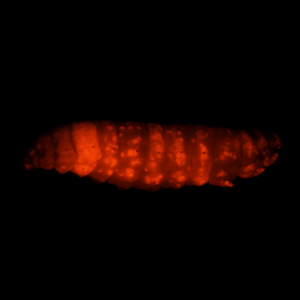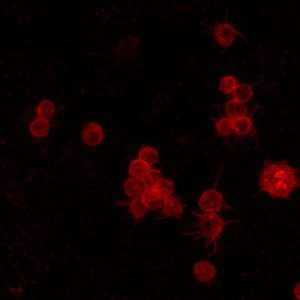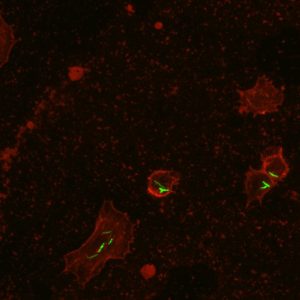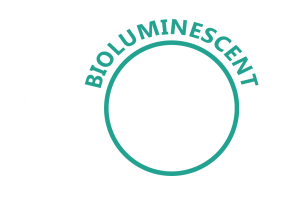Non-Tuberculous Mycobacteria (NTMs)



- The problem
- Our research
Difficult to treat lung and skin infections
The Mycobacteria are a family of bacteria that are naturally very resistant to antibiotics so infections with these bacteria are notoriously difficult to treat and new treatments and ways to combat them are desperately needed. These bacteria are generally classified into three main groups. One group includes the species that cause the lung disease tuberculosis (TB) and another those that cause leprosy. The last group contains all the other Mycobacteria species which are referred to as non-tuberculous mycobacteria, or NTM for short. The NTM are commonly found in soil and water and can cause lung disease and skin and soft tissue infections in vulnerable people. They don’t seem to be transmitted between people.
Here at the Bioluminescent Superbugs Lab we’re collaborating with Dr Jennifer Honda from National Jewish Health in Colorado, USA. We are looking at a collection of NTM strains to see if there are differences between bacteria isolated from the environment and bacteria that have caused disease in people. We are using caterpillars of the Greater Wax Moth (Galleria mellonella) to see how different NTM interact with the host immune system.
This project currently has no funding.
